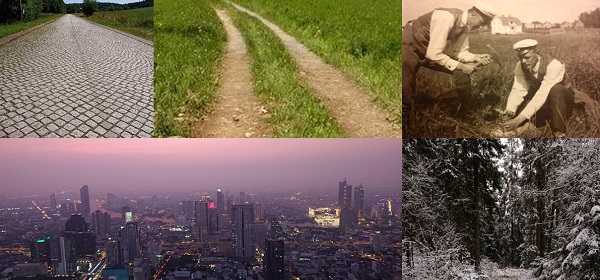Rights, Regulations, and Society
A society consists of individuals and various associations of individuals who all act on the basis of their own needs and their own perception of the world in which they find themselves. All agents act within a social context, consisting of other agents and formal and informal norms. The social context facilitates the individual agent to form expectations about the actions of other agents and therefore helps her to make better informed decisions. Thus, we can say that the social context coordinates the individual actions of the members of society.
It is this coordination that the research group studies, in particular by studying:
- formal and informal norms,
- how they arise,
- how they operate
- how they affect society and its members.
The group primarily studies the more formal norms, such as laws, other regulations, and the exercise of authority, with a focus on what consequences these lead to when individuals and groups of individuals act within the framework of these norms. This part of the social context can be called the institutional context.

The research is interdisciplinary and largely applied, with a focus on current societal changes. The research aims to increase the understanding of how societal changes are coupled to the institutional context. But the research is not limited to already ongoing societal changes, but also aims to study important societal challenges and analyze these with regard to which changes in the institutional context could lead to positive societal changes.
Methodologically, the research is conducted with the starting point that individuals act within a social context that the individual is both influenced by and influences. All individual action takes place in a social context and the social context is the result of individual action. Concretely, this means that individuals' actions are the result of both their inner motivation and the social context within which the individual acts. The study subjects include decision-making in a variety of social contexts, such as in:
- legislation
- exercise of authority as well as in various forms of organizations
- markets.
The group studies how changes in these come about and what effects these changes have for the individual person.

